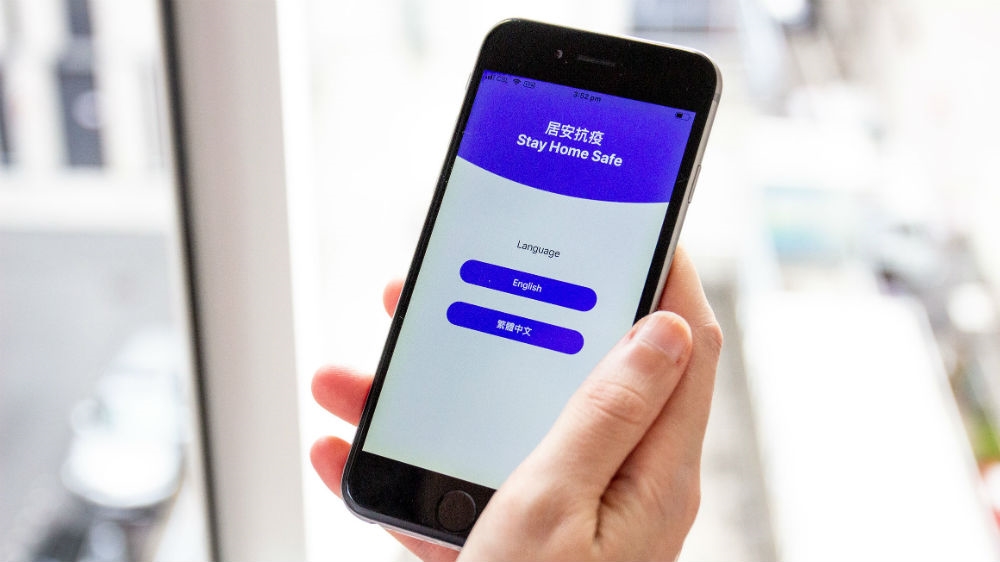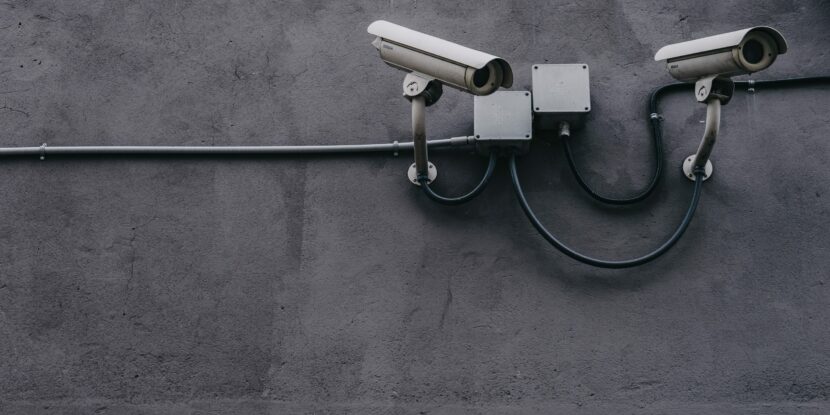Increasingly authoritarian ideas are being taken as “slowdown” measures against the coronavirus pandemic.
The technological panopticon – mooted by governments worldwide to track our movements – is a direct attack on civil liberties as we have known them.
Albania, Belgium, Italy, the United Kingdom, Israel, Poland, Argentina, Germany, and more have begun to implement frameworks with telecom companies to track and gather data on individuals to limit social interaction and the spread of the COVID-19 virus.
The Washington Post reports that Facebook and Google will also work with the U.S. government to explore the usage of personal data to map social contacts in “anonymized” fashion.
These companies are reportedly are also helping other countries to fight the virus, by offering their capabilities of tracking locations of users.

In Austria, a tracking app is expected to provide surveillance of virus spreaders. It will notify everyone who was in contact with a positive-tested person from weeks past, requiring them to be tested.
In case there are people without smartphones (around two million in Austria), the government will issue a “Schlüsselanhänger” or keychain tag, which non-smartphone users will be required to wear.
Government-mandated apps are already welcoming visitors at the border gates of airports in Hong Kong where the StayHomeSafe app is installed, linked to a wristband.
Whether on the issue of storage access or location tracking, Janis Wong and Gerry Chan, a doctoral researcher and a professor at the University of St Andrews and Hong Kong University of Science and Technology, claim that there is no transparency currently on the restrictions these kinds of apps would have.
China – famous for its draconian measures – introduced similar measures to log names and contacts of individuals and also to limit their movements outside of their homes.
The Alipay Health Code app is not only mandatory but gives people quarantining status and shares location of civilians with the local police.
The BBC reports similar measures in South Korea, where people get notification of the latest incidents and exact locations of new COVID cases.
Russia is doubling down efforts, mandating residents register at a municipality website, providing personal photos and addresses before they conduct any move outside of their apartments and home. The user receives a barcode by text message as authorization in case the police stop them. Additionally, Moscow will rely on CCTV to track individuals using facial recognition to make sure the infected stay off the streets.
In Bosnia and Herzegovina, the government took a dramatic approach, publicly naming individuals who break quarantine. Montenegro took a similar approach, publicizing the names of individuals diagnosed who have left quarantine. In the case of Armenia, the parliament adopted laws to surveil all citizens, mandating telecommunications companies to provide authorities with locations, meta data, phone calls, and text messages, reports Human Rights Watch.

The list of the countries is endless and the normalization of surveillance during the times of crisis is not a surprise.
This time around however, decisions are made in front of the public, where everyone can observe the fading of our civil rights.
The fear of civil rights advocacy groups is the institutionalization of these emergency measures i.e. their use even after the current crisis. Edward Snowden raised his concerns regarding the developments, stressing the progress and continuation of these measures after the pandemic.
“Privacy is the first to go when there are national security issues,” said Ashkan Soltani, a former Federal Trade Commission chief technologist who covered the Snowden revelations as a journalist.
More than 100 civil society groups have signed a joint statement, setting out conditions which should be required before using surveillance techniques against the pandemic.
While governments are under pressure to act and use most of their capabilities to combat the virus, our options are either to trust the public and private sectors cooperation blindly, or spread the information regarding this issue, contact our representatives and help the groups advocating for our rights.
The key points civil rights advocacy groups agree upon include transparency; the ability to reverse or retract the measures; expiry of such powers; anonymisation of data; and more.
We, the people, must be on heightened alert against the increasingly authoritarian measures being taken in the name of public safety and healthcare preparedness.
If not, the pre-coronavirus world may be the last time any of us recall real privacy and civil liberties.


